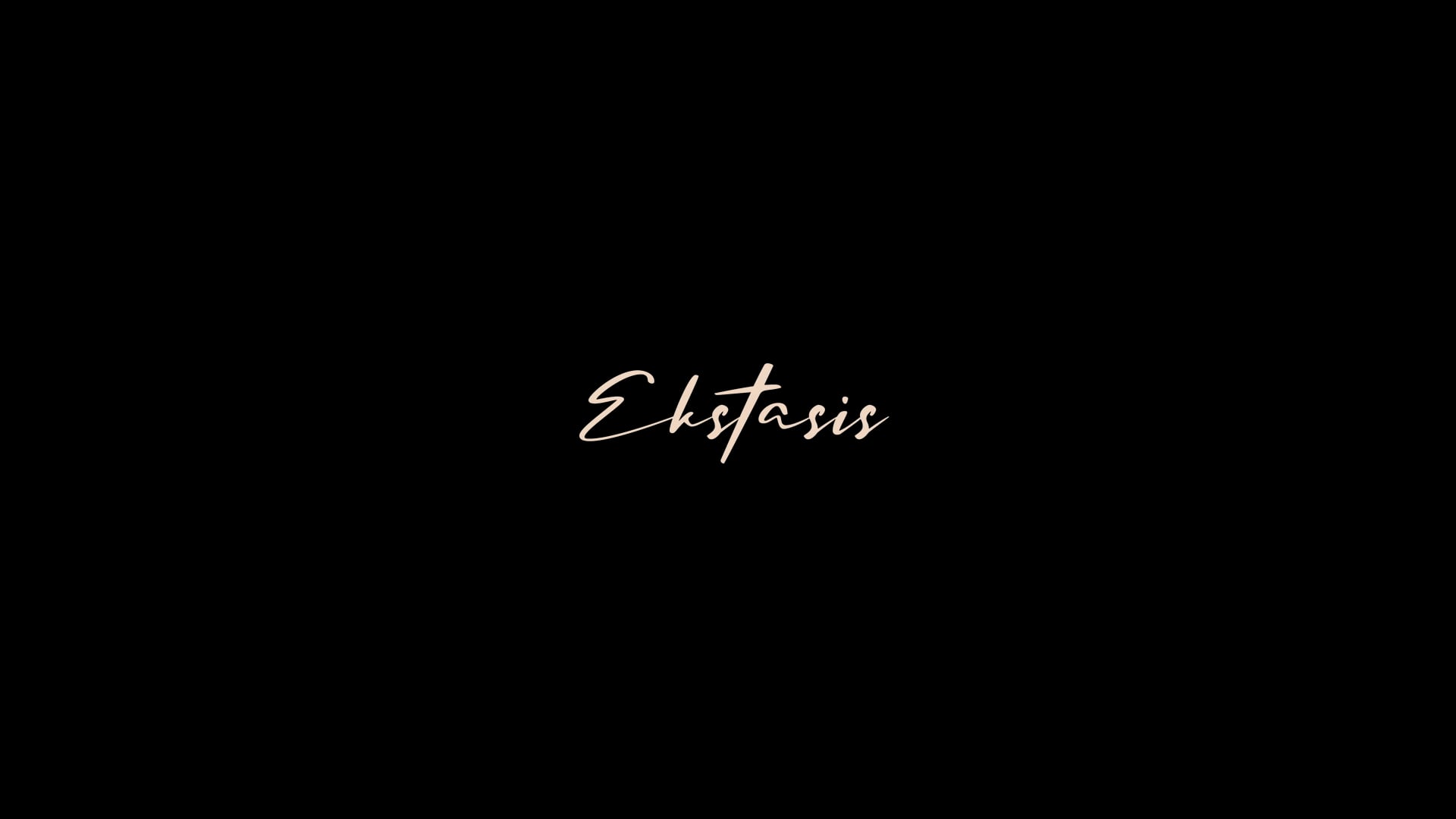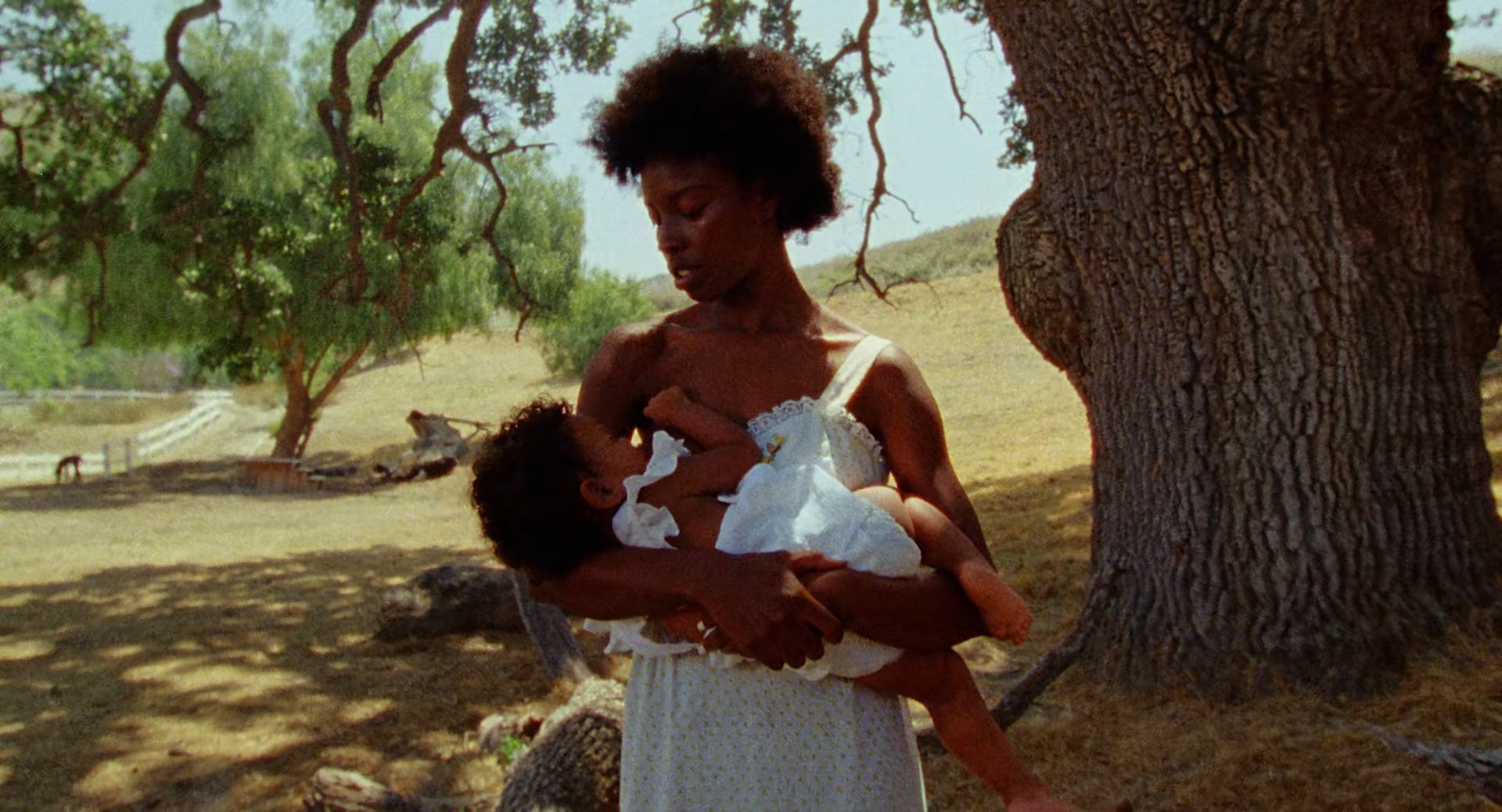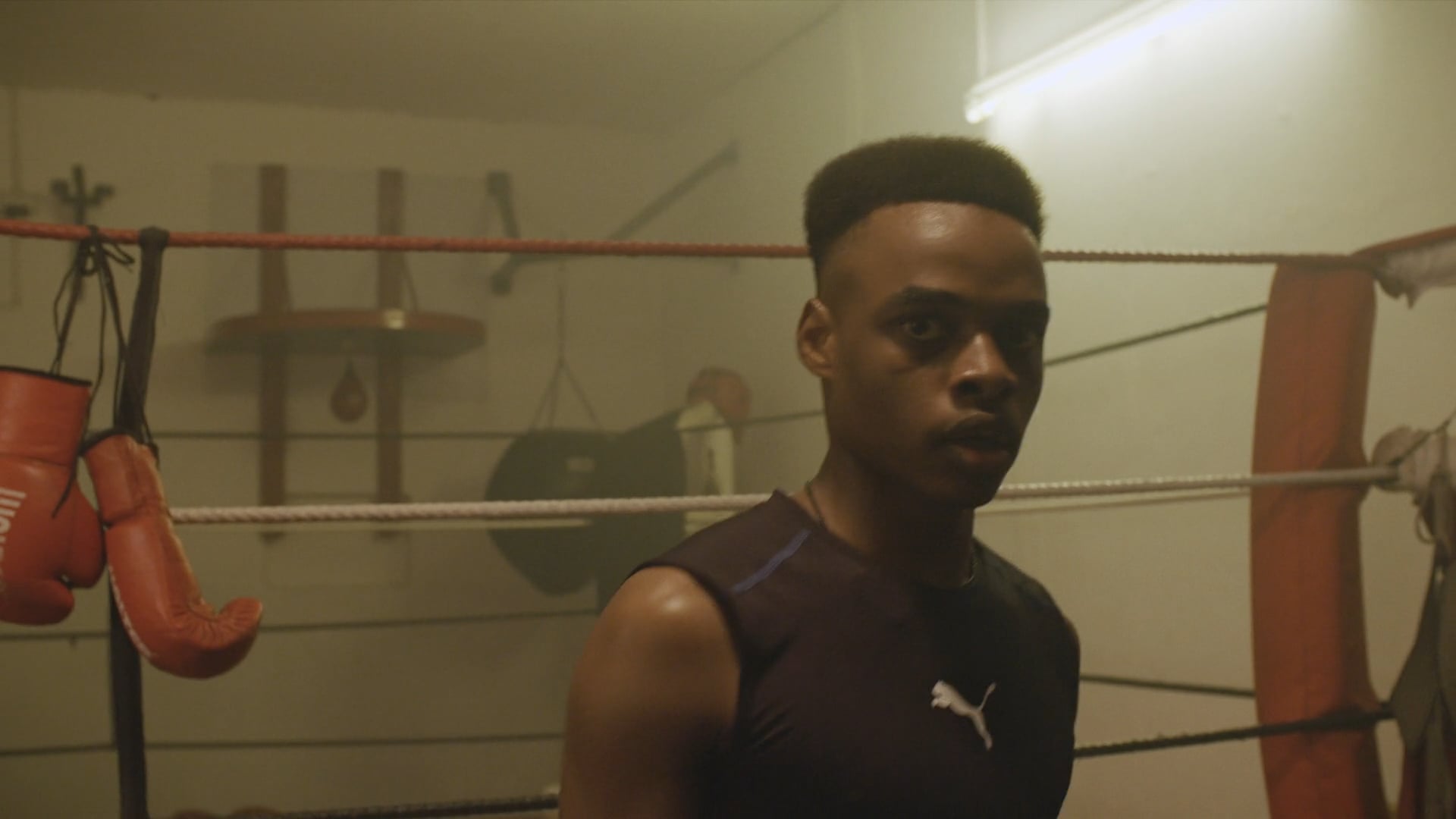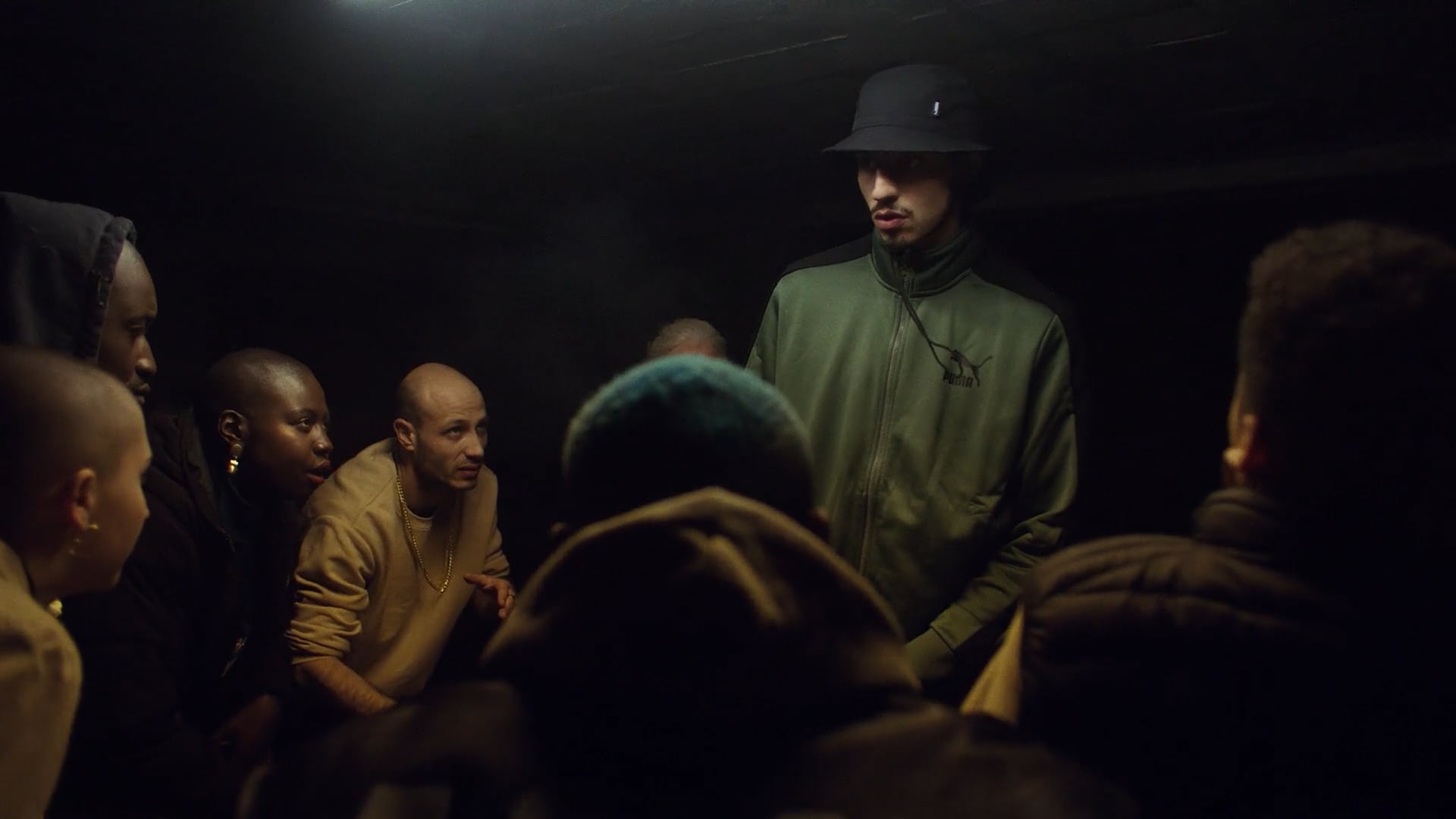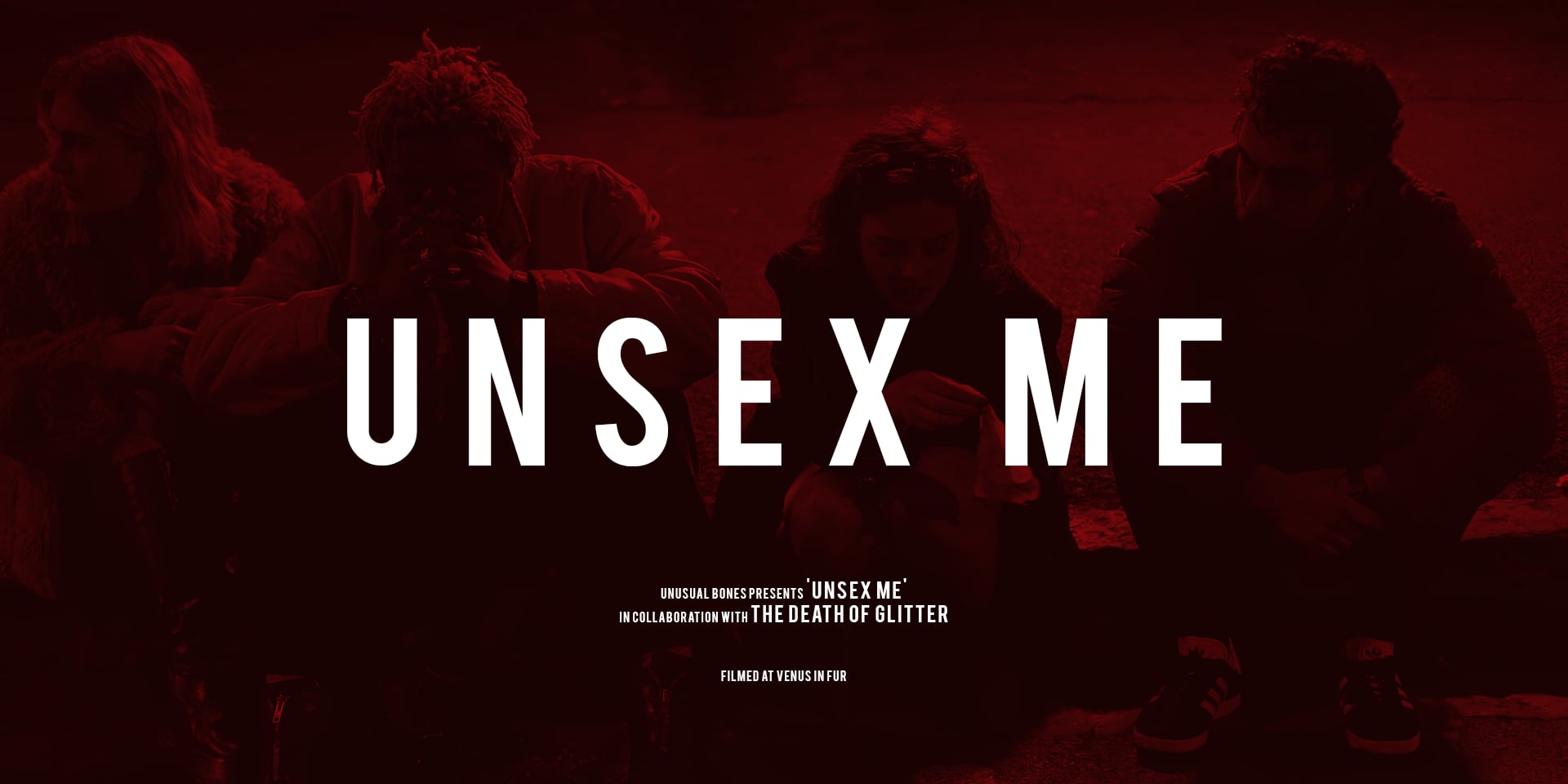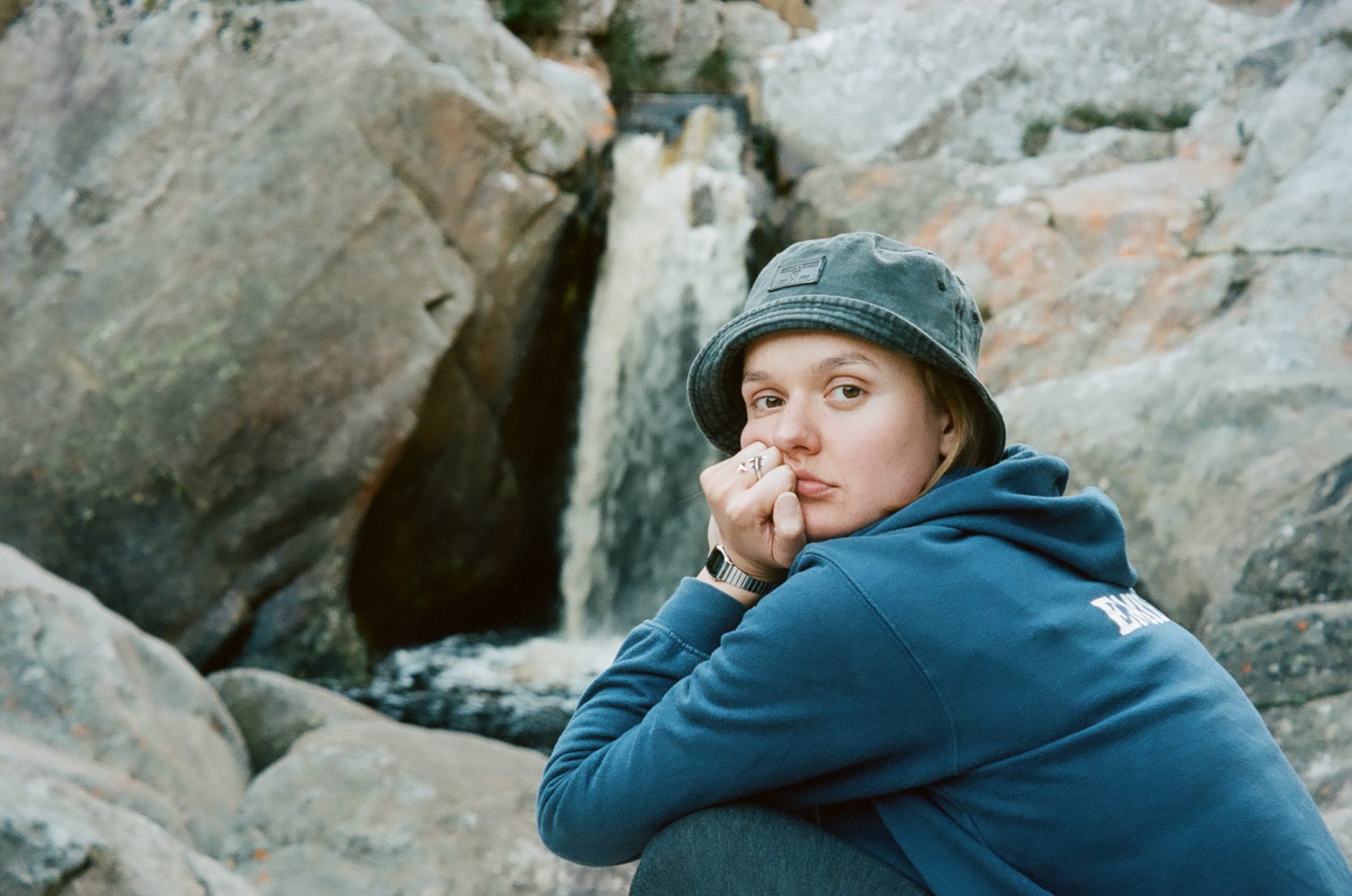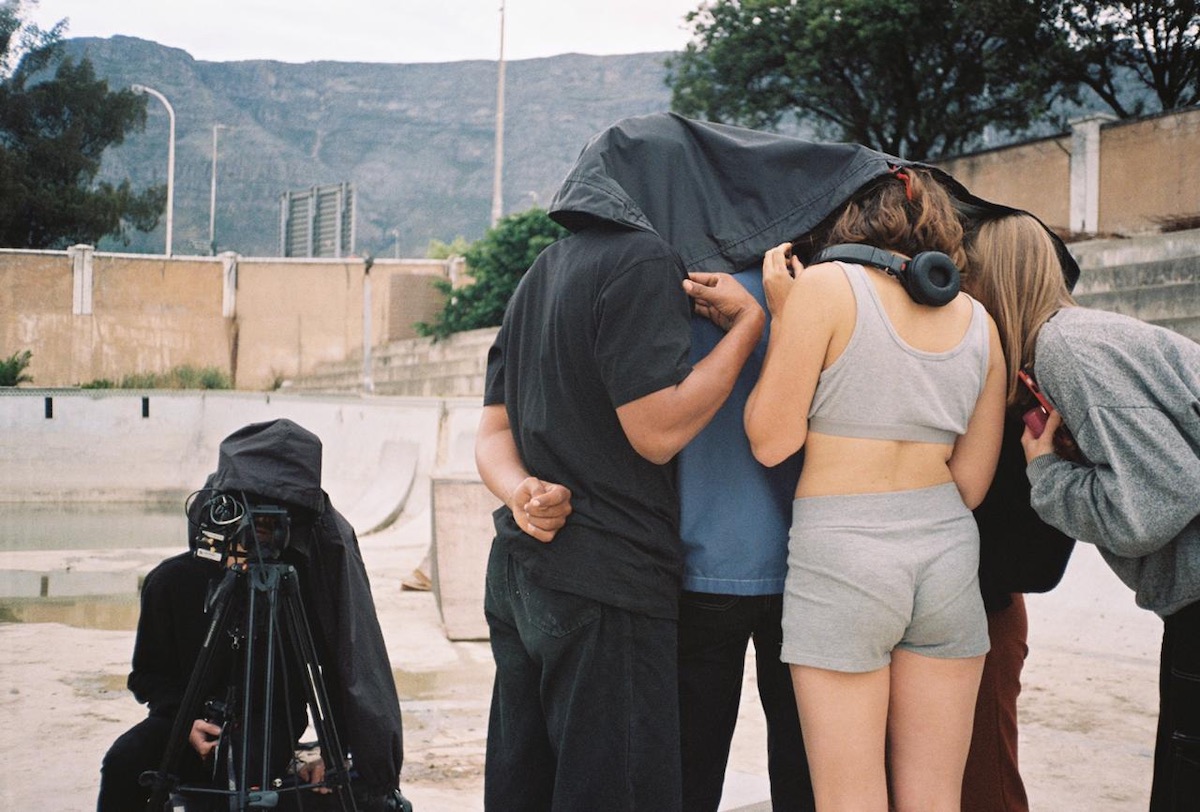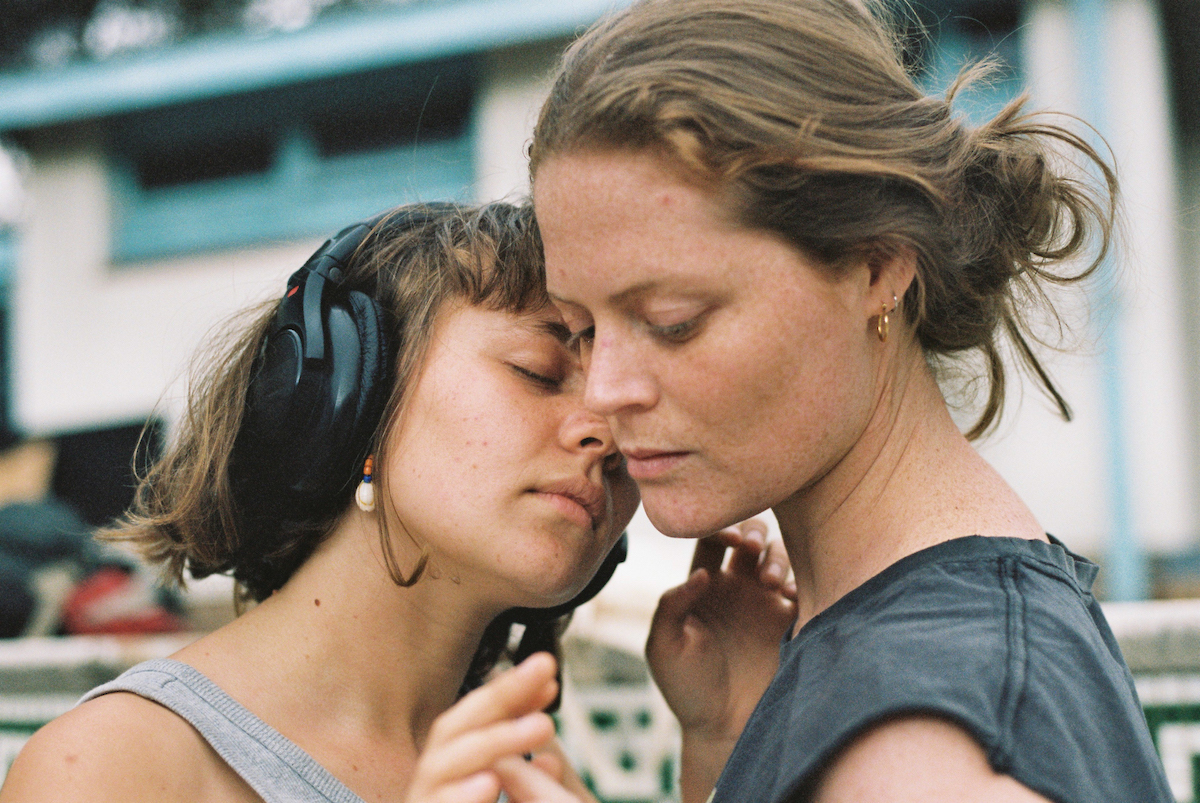Emilie Badenhorst
Tell us a bit about your journey into directing. You studied theatre and performance at university in Cape Town, what made you pivot into film?
In my fourth and final year studying theatre and performance, where I focused on studying the essence and ever-developing concept of performance, I met two incredible individuals, Brandon Blight and Jason Prins, both studying cinematography at the time. They asked me if I had ever been interested in directing for film. I said: “Yes, but I am not sure how to access the art form. I am able to hold space, work and direct performances, but where do I start technically?” To which they replied: “Let’s just shoot something… a fashion film, even,” and I said: “Let’s do it.” And we did it. And so we fell in love, myself, the art form, the cinematographers, and quite literally as well.
I always knew I wanted to direct and through it tell intimate stories, truthfully. Film allows me to explore these concepts in such a delicate and vulnerable way.
South Africa seems to have more than its fair share of talented directors, is there anyone in particular who’s mentored or inspired you over your early years?
Yes, yes and yes. I owe so much to one of the most gentle and talented directors that I have had the privilege of meeting, Kim Geldenhuys. He has been my mentor from the day I stepped out of University. It was overwhelming to feel his creative trust and genuine interest in who I am and wanted to be as a creative. I’ve walked a beautiful journey with him until this day and he has taught me so much about being honest, sharing a feeling and believing in yourself.
Checking it out: ekstasis
For an emerging director, you’ve already developed a highly distinctive, recognisable aesthetic. How would you describe your directing style?
If I had to describe my style of filmmaking it would be: inside-out, immersive and together. Inside-out, because the point at which I start every image, every scene is from the inside perspective of that performer, realising and dissecting how themselves or their character’s intention becomes the reality of the film. Never imposing a direction that is cold onto the performer, but rather figuring out how it is that they can move, feel, breathe, and through their abilities and emotional landscape, shape the film.
Immersive, because I am in there. If we are not rolling sound and we are pushing a visual-based story, I enjoy being extremely hands-on and involved in the process of performance and storytelling. I never want to be known as ‘the director that makes cool visuals’. I believe if we are immersed in the story, together, trust is built between myself and the performer, then the visual will come, because it will be the truth, and that is beautiful.
Together, because I believe filmmaking should be a collaboration. To me, it is all about the collaboration with the other creatives involved in the process, once trust, vision and intention is intimately established. I approach a scene or a film with clarity of intention and look forward to the collaborative execution, but it is in the DP questioning my decisions, the artist confronting me with opinions, and the constant push-back and development that I find the honesty I look for.
In particular, there’s a raw authenticity to your work, and a real gift for capturing intimate moments. How do you go about building trust with your subjects, and finding those small but powerful moments?
I think the most important thing for me is choosing extremely authentic individuals and then creating and holding a safe space for these human beings to let their intentions, their desires, their ideas, their reactions drive them to move and be moved truthfully. To me, the need to reveal intimacy is always more interesting than a complete and whole execution thereof.
From ekstasis
Your award-winning video for Lolo Zouai’s Desert Rose is both beautifully shot and tenderly observed. Lolo has described the concept as “a story I’ve needed to tell my whole life” – how much pressure was there to convey Lolo’s backstory/heritage and feelings of displacement in an authentic way?
In my opinion, that important pressure – created by myself and everyone involved – to ensure that such a story is told authentically, is, and will always be, the most crucial and non-negotiable principle in any project I take on. It was my first thought in the morning and my last thought at night. The truth is that our technical execution, musical execution, HMU execution or any other moving part can be excellent but if it’s not authentic, then what are we doing? Then we should ask ourselves, who are we really doing this for.
You’ve recently co-written and directed a short film, ekstasis, which explores “the landscape of multilingualism in South Africa, the Afrikaner culture and LGBTQIA+ bodies”. What was the inspiration behind the project and how close are these themes to your heart?
Both Kanya [Viljoen, co-director] and I were students at the University of Cape Town, studying theatre and performance. In this intimate circle of friends and fellow students, two of them started to develop quite an intimate relationship with one another. This was really the starting point of the story and allowed for the poetry, socio-political world and characters to emerge. It speaks to so many nuances and intricacies I’ve always dreamt of exploring with other women and subsequently sharing it with the world.
On shoot, Emilie Badenhorst and writer Kanya Viljoen
What message do you hope viewers will take away from the film?
We don’t necessarily want the viewers to take something away from this film, but rather to be reminded of a feeling that they’ve experienced at some point in their lives, and that, no matter how much time has passed, that feeling will always stay with them and bring up memories.
How has the pandemic affected you on a personal and professional level?
Can I be honest? It has allowed me to find immense value in human interactions, and an emotional and spiritual growth, like never before. It has allowed me to find peace in the midst of absolute chaos and silence in my professional career. Strangely, it gave me new life, it shone a light on the importance of writing and telling the stories that come from within and all around me, that will share the value of feeling, being, needing, wanting and giving love.
Following your signing to Couscous in August, what’s next for you?
After signing with Couscous, I finally found a home at Romance Films in South Africa, my home country. I am absolutely overcome with gratitude to them.
I am currently in the process of writing my first feature, conceptualising a documentary project with Kanya Viljoen as well as focusing on and striving to create important work within the commercial industry.
Interview by Selena Schleh

